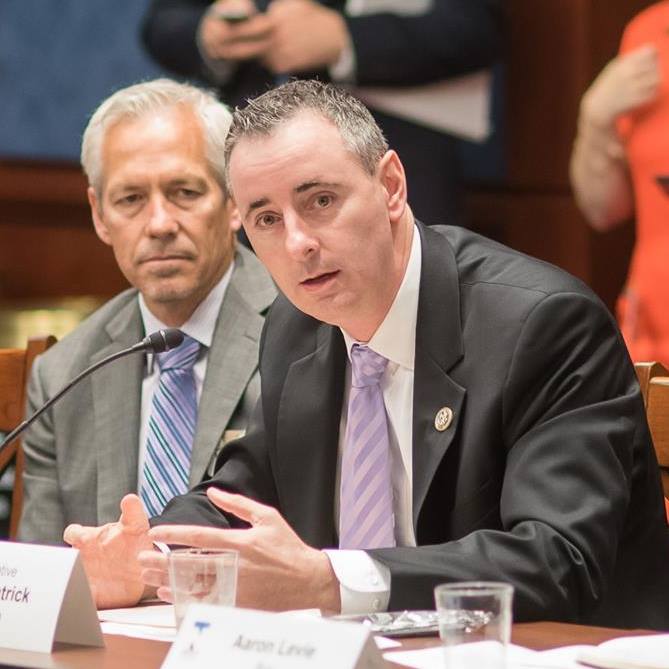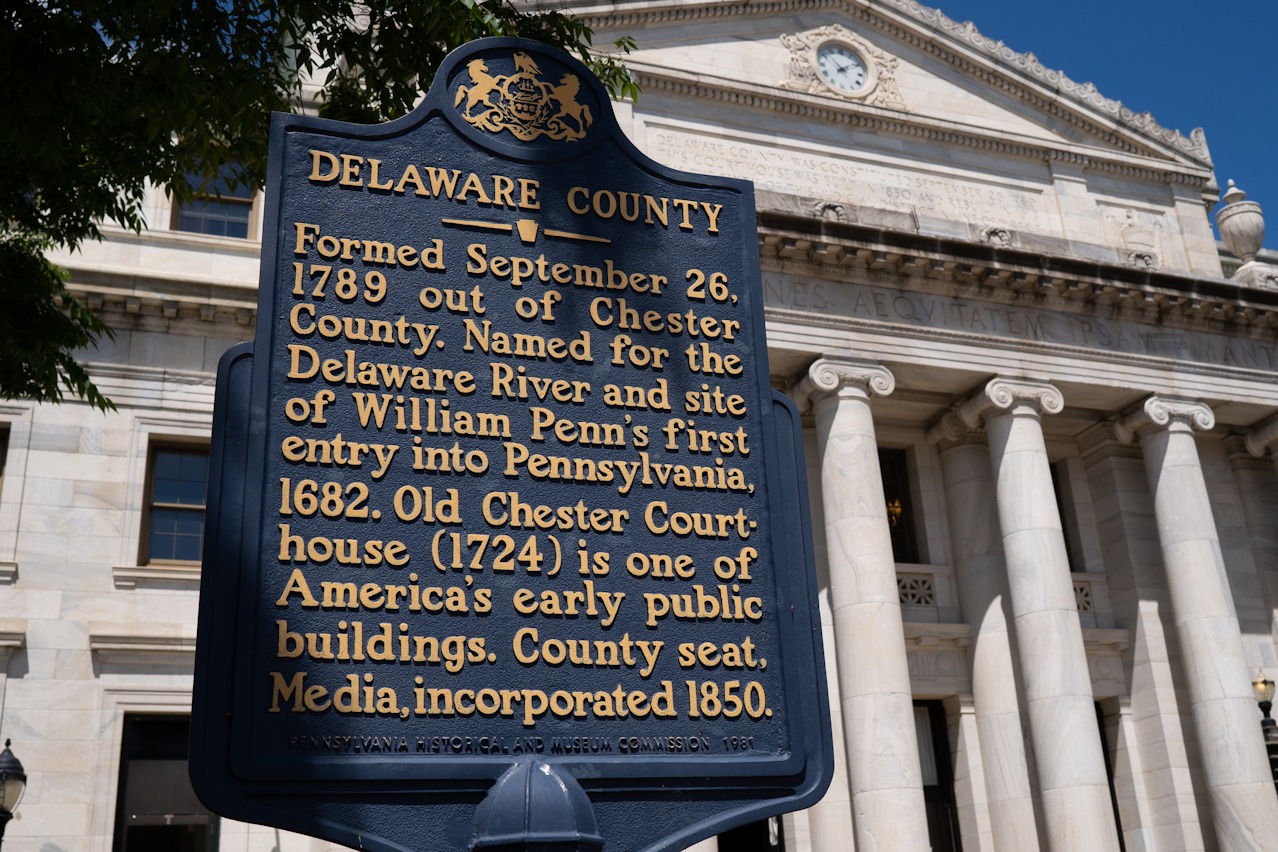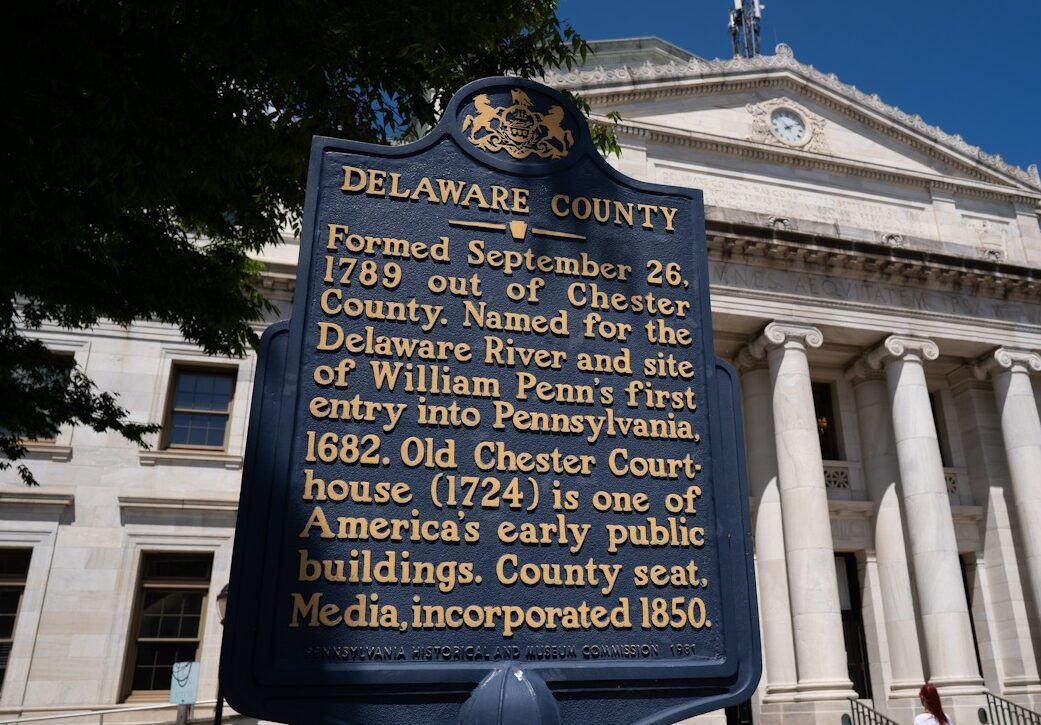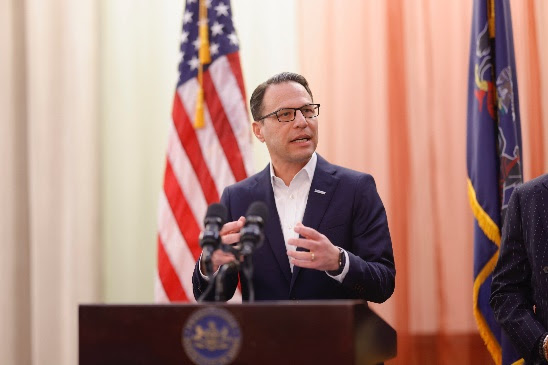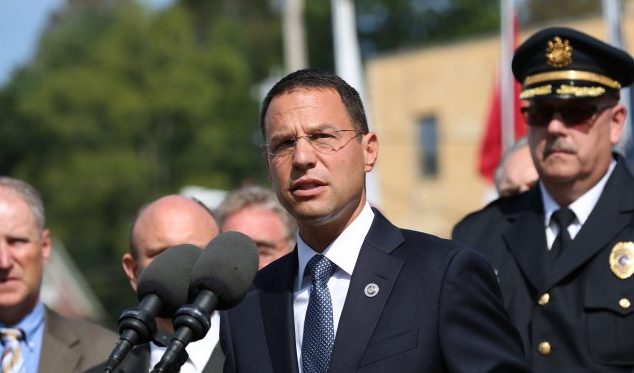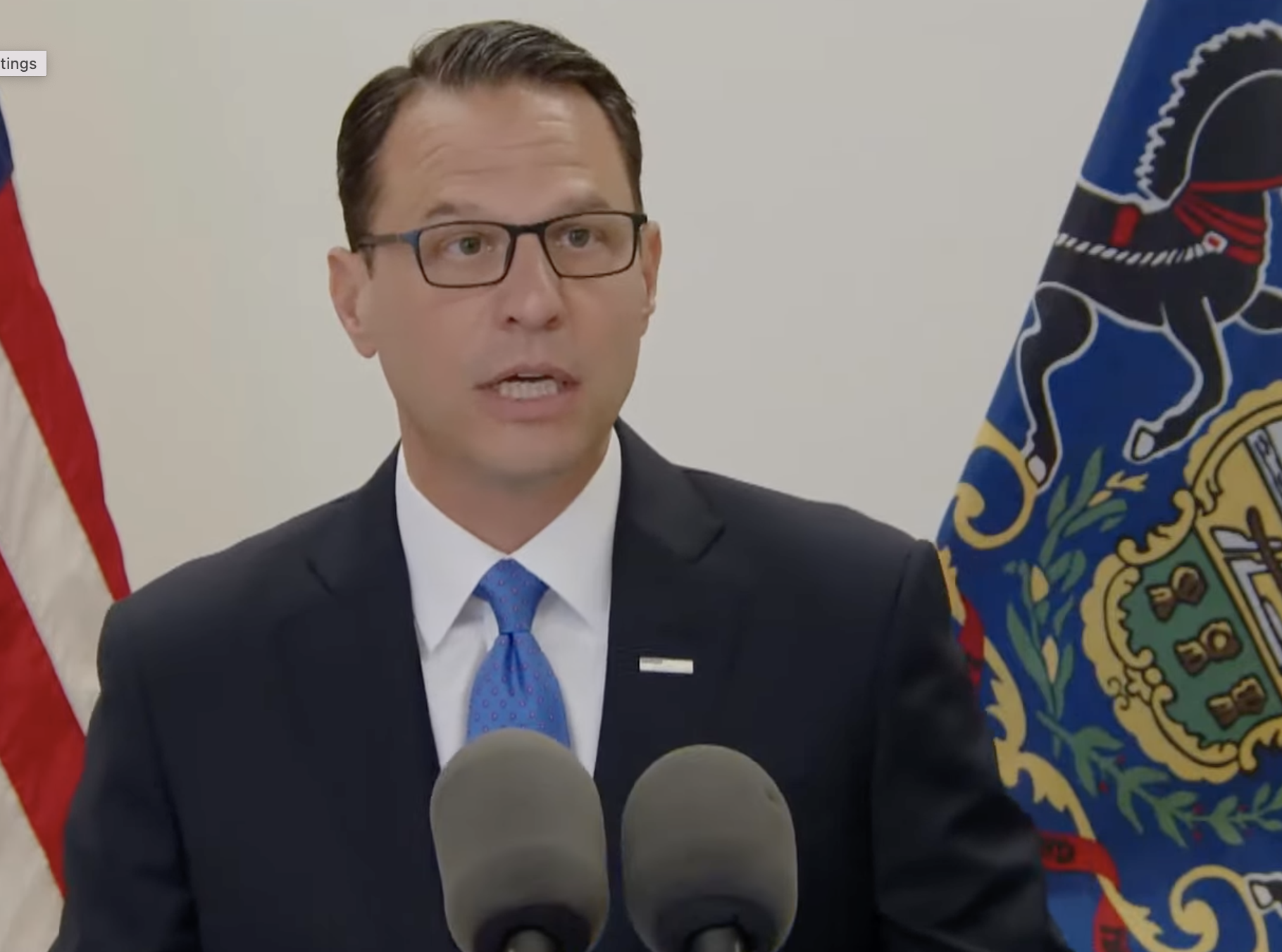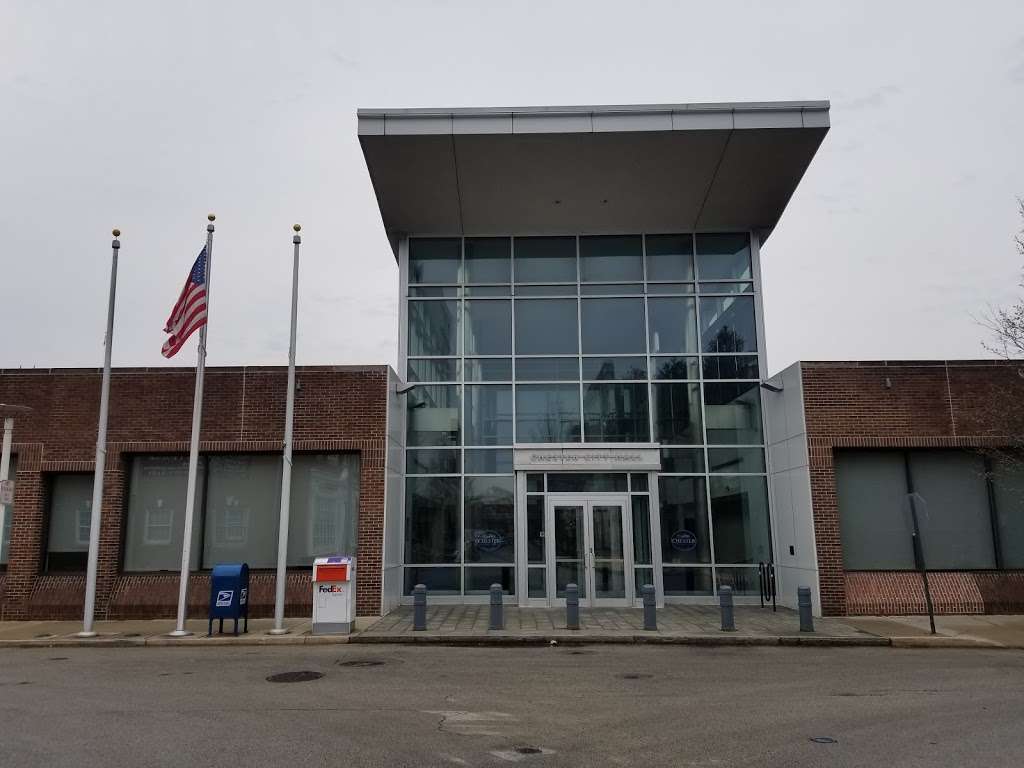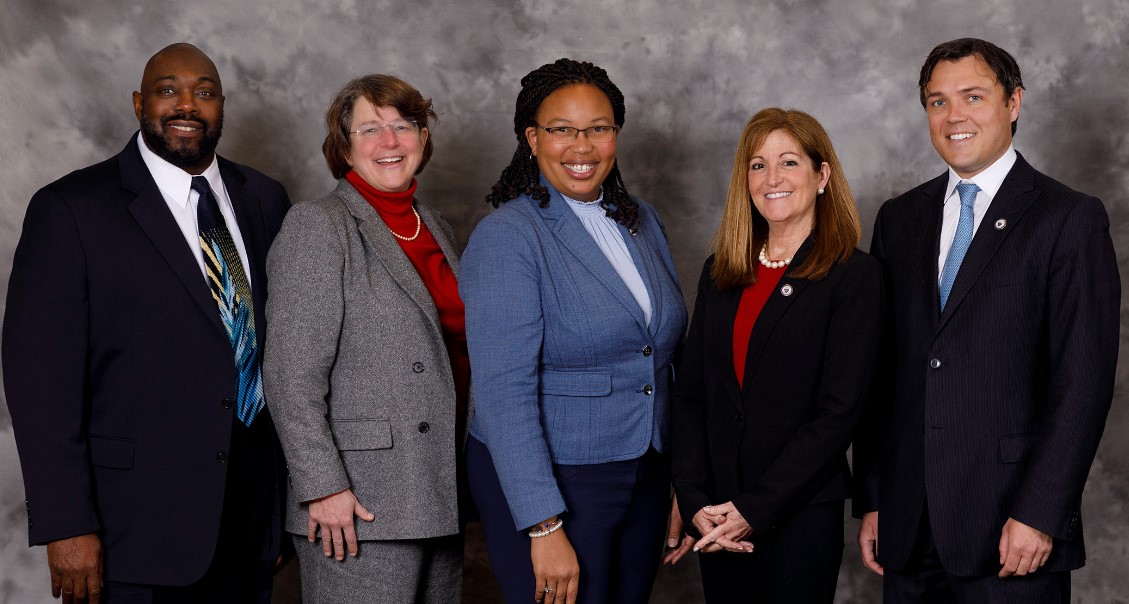SEPTA’s future is now in Pennsylvania lawmakers’ hands after the transit agency’s board approved on June 26 a budget set to slash service and hike fares to fill a $213 million deficit unless an influx of state cash is delivered. It’s part of an ongoing state budget fight in Harrisburg, as skeptics argue that roads […]


